As the clock ticked closer to midnight on a tense weekend, millions of Americans waited with bated breath to see if they would have access to the food they desperately needed. The Supplemental Nutrition Assistance Program, or SNAP, had been on the brink of collapse due to a government shutdown, leaving nearly 42 million people uncertain about their next meal. But just as all hope seemed lost, the Trump administration announced that it would comply with a federal judge's order to spend contingency funds, keeping food aid flowing - albeit temporarily.
The drama surrounding SNAP funding is a stark reminder of the fragility of the US social safety net. The program, which provides vital assistance to low-income families, the elderly, and people with disabilities, is often the difference between hunger and stability for millions of Americans. Yet, its funding is frequently subject to the whims of politics, leaving recipients in a state of perpetual uncertainty.
The recent crisis was sparked by a government shutdown, which was triggered by a dispute over border wall funding. As the shutdown dragged on, SNAP funding lapsed, interrupting the flow of benefits to millions of Americans. The consequences were dire: food banks were overwhelmed, grocery stores were forced to ration food, and families were left to wonder how they would put dinner on the table.
But the story of SNAP is not just one of crisis and chaos. It is also a story of resilience and determination. Despite the challenges they face, SNAP recipients continue to work hard, often multiple jobs, to make ends meet. They are the backbone of the US economy, and yet, they are often the first to be affected by economic downturns.
The Trump administration's decision to comply with the federal judge's order was seen as a temporary lifeline for SNAP recipients. However, it also highlighted the program's vulnerability to politics. "This is a Band-Aid solution," said Sarah Burd-Sharps, a senior fellow at the Center on Budget and Policy Priorities. "SNAP funding is not a partisan issue, but it's been treated as one. We need a long-term solution that ensures stability and predictability for recipients."
The implications of the SNAP crisis go far beyond the immediate needs of recipients. They also reflect a deeper societal issue: the erosion of the social safety net. As the US grapples with rising inequality and poverty, the need for programs like SNAP has never been greater. Yet, the program's funding is often subject to the whims of politicians, who prioritize short-term gains over long-term solutions.
As the country moves forward, it's clear that the story of SNAP is far from over. The program will continue to be a vital lifeline for millions of Americans, but its future is uncertain. Will Congress find a way to pass a long-term funding bill, or will SNAP recipients be left to navigate the treacherous waters of politics once again? Only time will tell.
In the meantime, the story of SNAP serves as a reminder of the importance of empathy and compassion in politics. As we move forward, it's essential that we prioritize the needs of the most vulnerable members of our society. By doing so, we can build a more just and equitable society, where everyone has access to the food, shelter, and dignity they deserve.
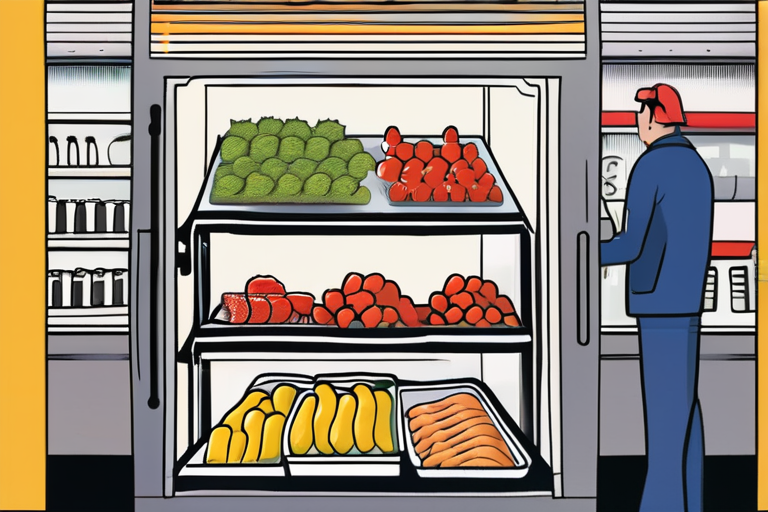



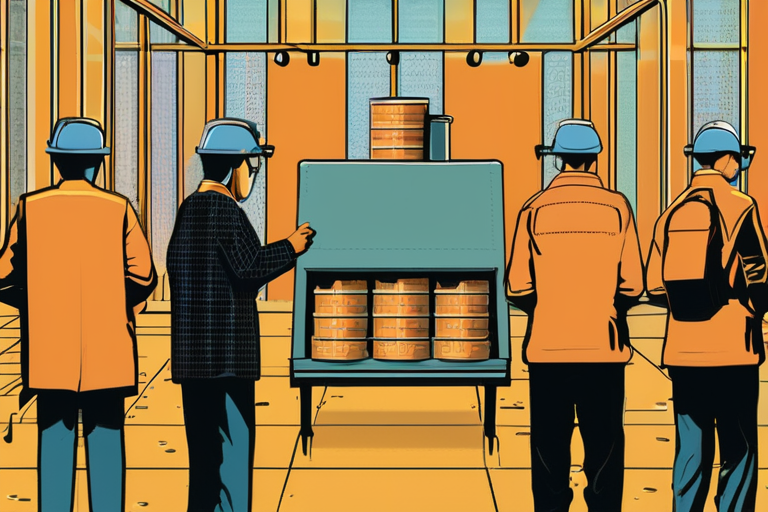
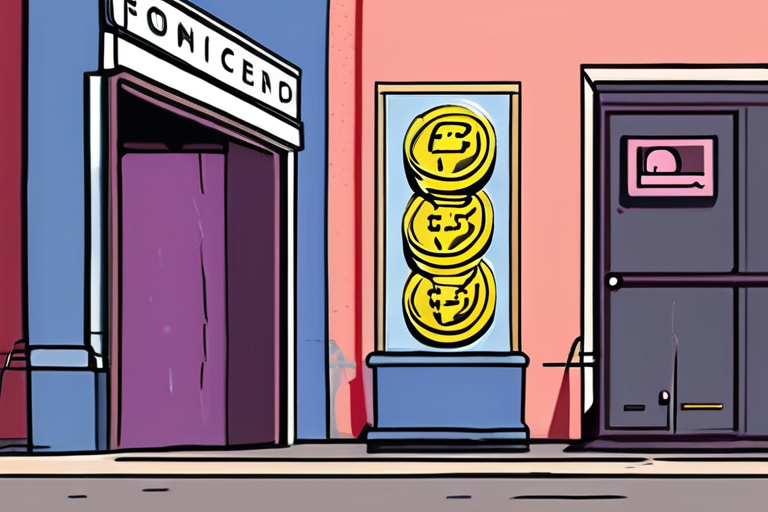
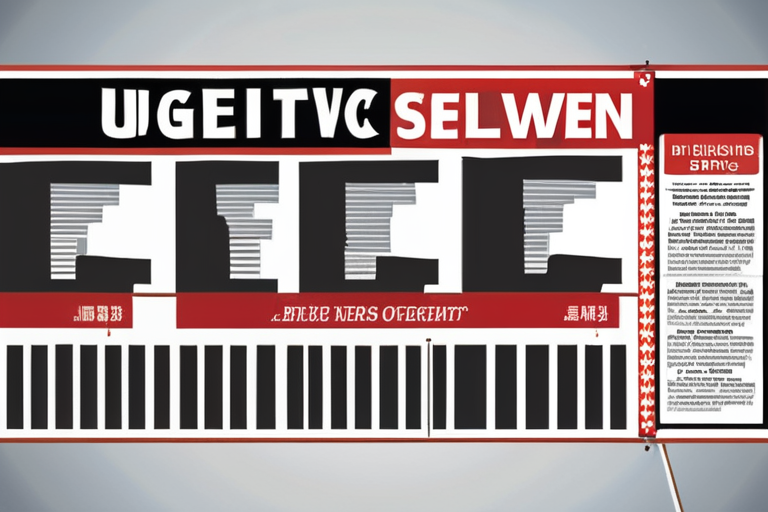

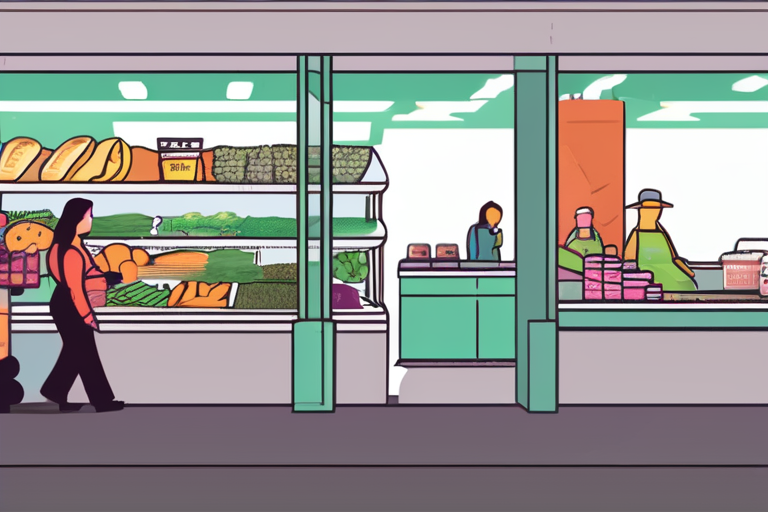

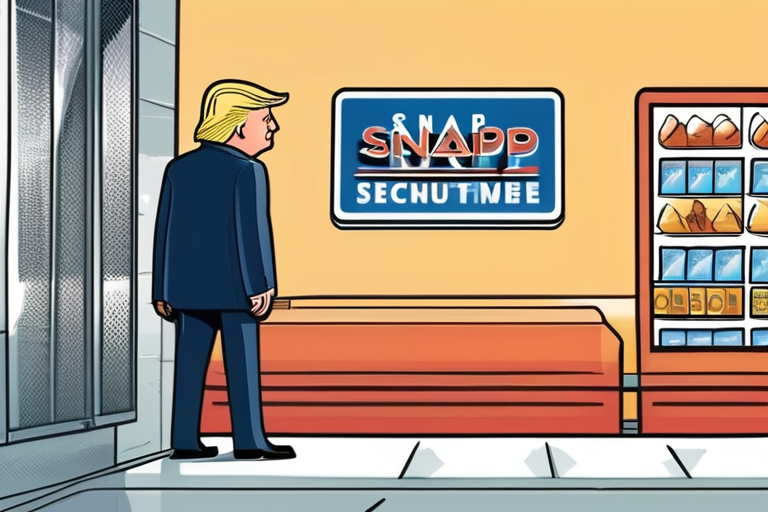


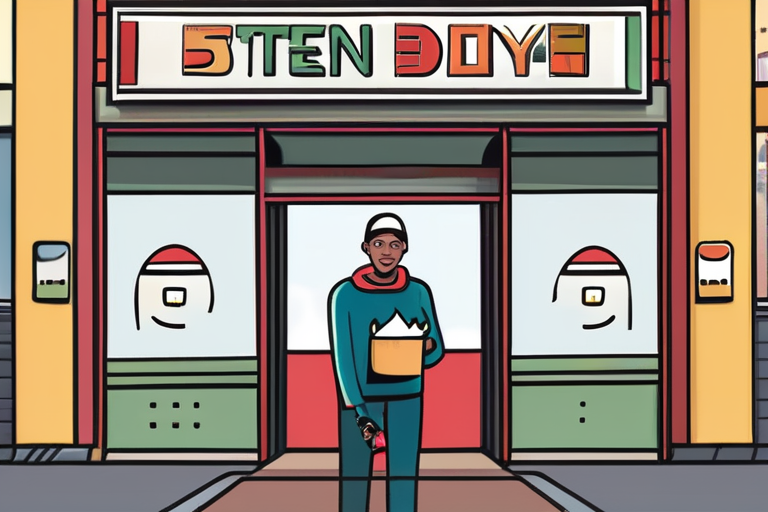
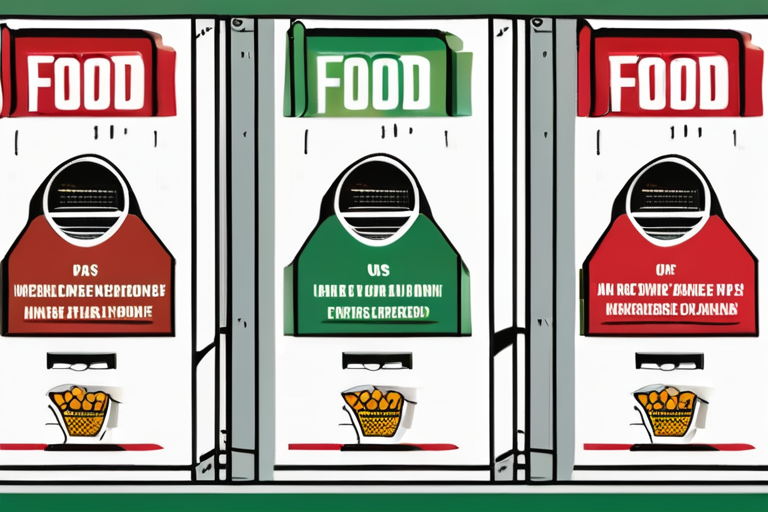

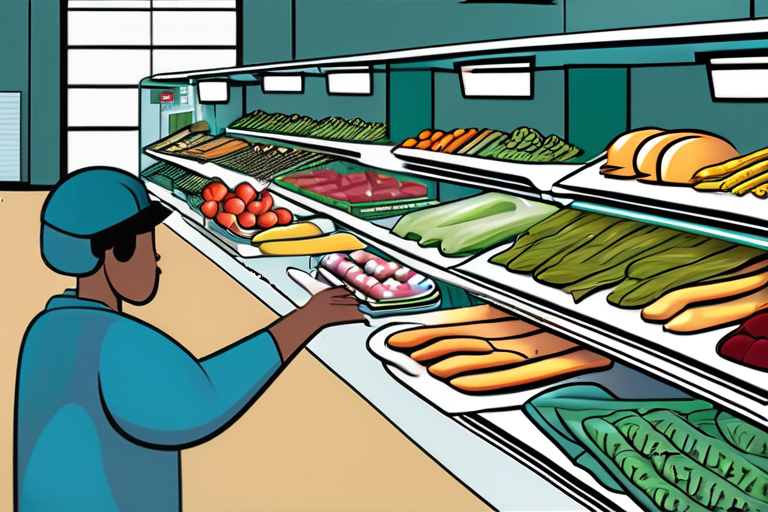
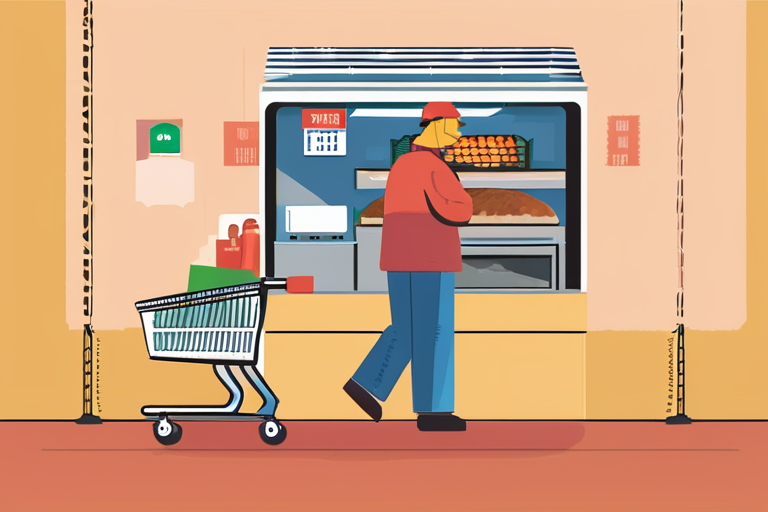
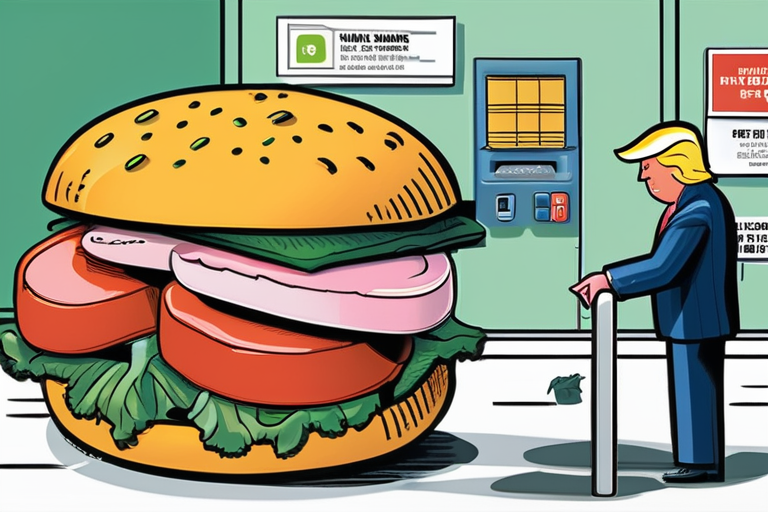
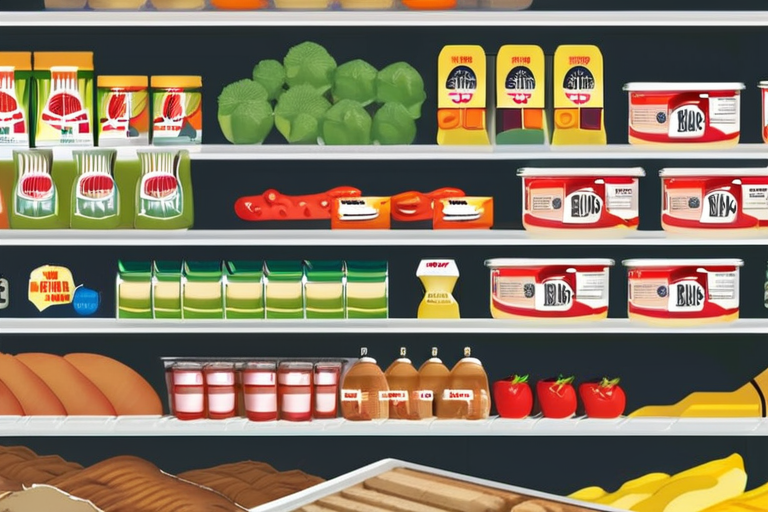
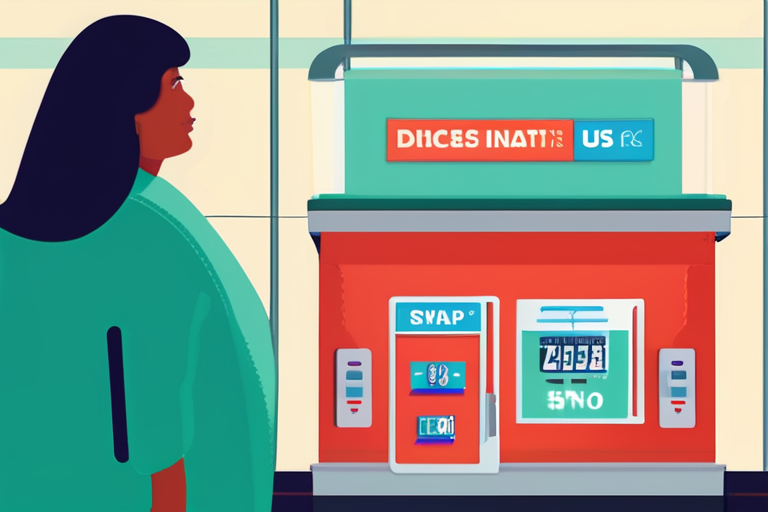
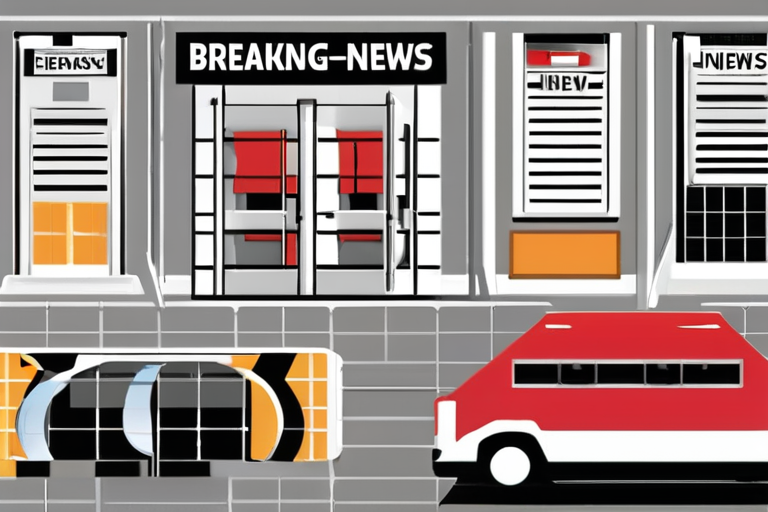
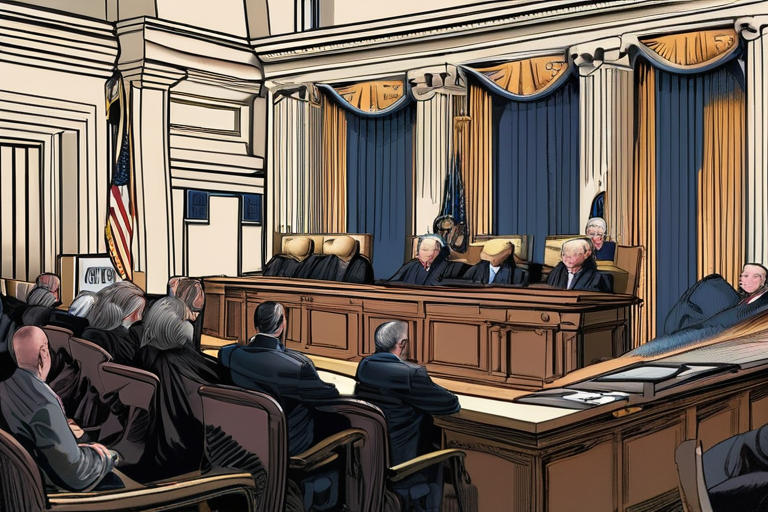


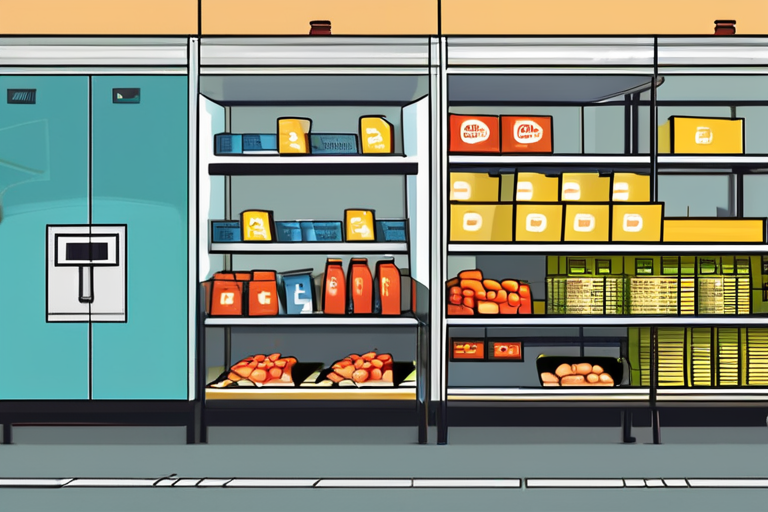
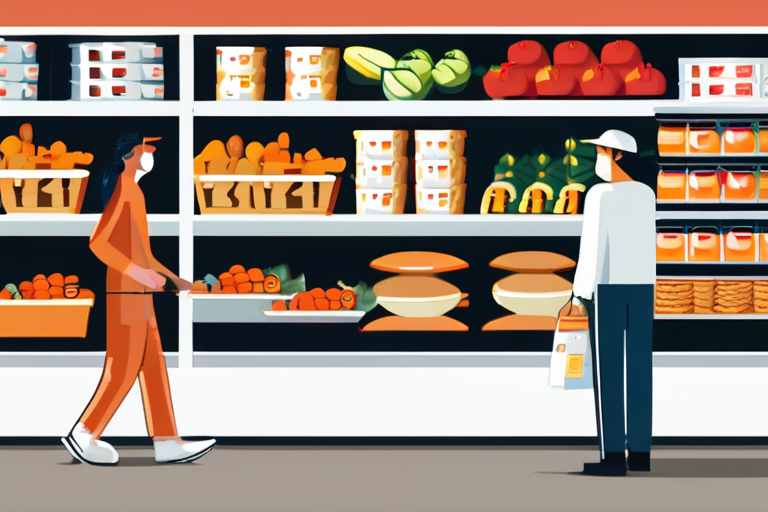
Share & Engage Share
Share this article